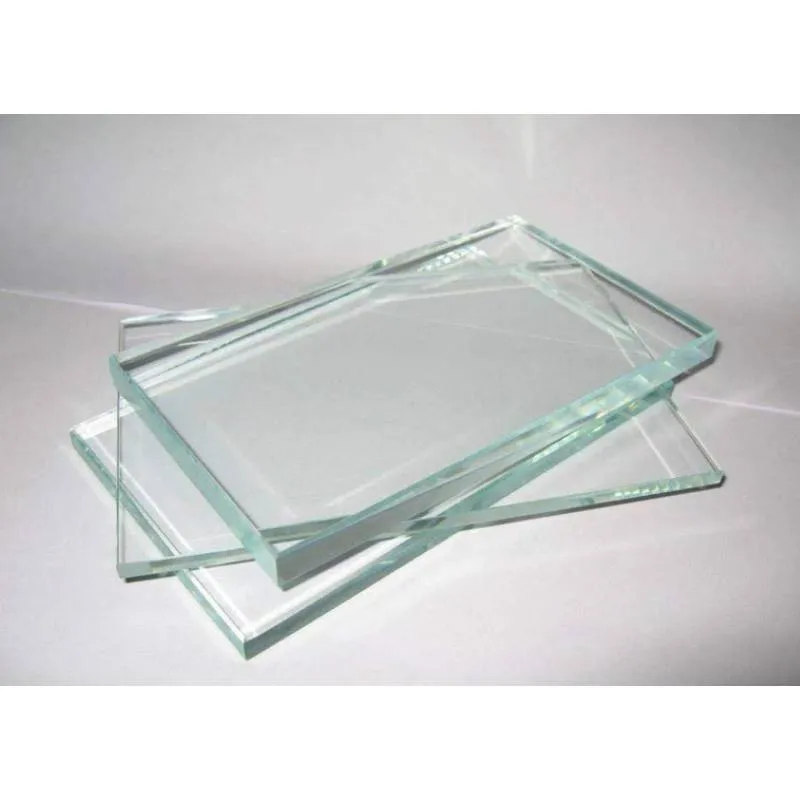Float Glass Manufacturer A Key Player in the Glass Industry
Float glass, a pivotal material in construction, automotive, and various other industries, owes its remarkable properties to an innovative manufacturing process pioneered in the mid-20th century
. This article explores the role of float glass manufacturers in producing this essential product, the processes involved, and the importance of quality control in ensuring superior glass standards.
The float glass process, invented by Sir Alastair Pilkington in the 1950s, involves melting silica sand, soda ash, and limestone together to form molten glass. The molten glass is then poured onto a bed of molten tin, where it spreads out and levels itself, creating a smooth, uniform surface. This method not only produces glass with excellent optical clarity but also allows for the manufacture of large, flat sheets without the imperfections commonly found in other glass-making techniques.
Float glass is widely used in architectural applications, such as windows, façades, and interior partitions, due to its transparency, thermal efficiency, and ability to be coated or treated for enhanced functionality. For instance, manufacturers can apply various coatings to float glass to improve solar control, reduce heat loss, or increase durability against environmental factors. This versatility has made float glass a preferred choice for builders and architects looking to design energy-efficient structures.
float glass manufacturer
In recent years, the demand for float glass has significantly increased, driven by the global construction boom and rising urbanization. Float glass manufacturers are continually adapting to meet this growing demand by investing in advanced technologies and sustainable practices. Some manufacturers are focusing on recycling glass to reduce environmental impact and improve resource efficiency. By employing state-of-the-art furnaces that can use recycled glass as a raw material, manufacturers are not only contributing to a circular economy but also enhancing the quality of their products.
Quality control is a critical aspect of float glass manufacturing. Manufacturers implement stringent testing procedures to ensure that the glass meets international standards for thickness, clarity, and strength. Advanced inspection techniques, such as automated optical inspection (AOI) systems, are employed to detect any defects, such as bubbles or scratches, before the glass leaves the factory. This commitment to quality not only ensures customer satisfaction but also enhances the brand reputation of float glass manufacturers in a competitive market.
Moreover, the globalization of the float glass market has led to increased competition among manufacturers. To remain competitive, companies are focusing on innovation and customizing products to meet specific consumer needs. For example, manufacturers are developing laminated float glass with enhanced safety features, which is especially important for applications in areas prone to extreme weather conditions or in high-traffic environments.
In conclusion, float glass manufacturers play a crucial role in the production of this versatile material crucial for modern architecture and design. Through innovation, sustainable practices, and a commitment to quality, these manufacturers not only meet the evolving needs of the industry but also set the standards for excellence in the glass manufacturing sector. As construction projects continue to rise globally, the importance of float glass manufacturers will only grow, solidifying their position as key players in the materials industry.
 Afrikaans
Afrikaans  Albanian
Albanian  Amharic
Amharic  Arabic
Arabic  Armenian
Armenian  Azerbaijani
Azerbaijani  Basque
Basque  Belarusian
Belarusian  Bengali
Bengali  Bosnian
Bosnian  Bulgarian
Bulgarian  Catalan
Catalan  Cebuano
Cebuano  Corsican
Corsican  Croatian
Croatian  Czech
Czech  Danish
Danish  Dutch
Dutch  English
English  Esperanto
Esperanto  Estonian
Estonian  Finnish
Finnish  French
French  Frisian
Frisian  Galician
Galician  Georgian
Georgian  German
German  Greek
Greek  Gujarati
Gujarati  Haitian Creole
Haitian Creole  hausa
hausa  hawaiian
hawaiian  Hebrew
Hebrew  Hindi
Hindi  Miao
Miao  Hungarian
Hungarian  Icelandic
Icelandic  igbo
igbo  Indonesian
Indonesian  irish
irish  Italian
Italian  Japanese
Japanese  Javanese
Javanese  Kannada
Kannada  kazakh
kazakh  Khmer
Khmer  Rwandese
Rwandese  Korean
Korean  Kurdish
Kurdish  Kyrgyz
Kyrgyz  Lao
Lao  Latin
Latin  Latvian
Latvian  Lithuanian
Lithuanian  Luxembourgish
Luxembourgish  Macedonian
Macedonian  Malgashi
Malgashi  Malay
Malay  Malayalam
Malayalam  Maltese
Maltese  Maori
Maori  Marathi
Marathi  Mongolian
Mongolian  Myanmar
Myanmar  Nepali
Nepali  Norwegian
Norwegian  Norwegian
Norwegian  Occitan
Occitan  Pashto
Pashto  Persian
Persian  Polish
Polish  Portuguese
Portuguese  Punjabi
Punjabi  Romanian
Romanian  Russian
Russian  Samoan
Samoan  Scottish Gaelic
Scottish Gaelic  Serbian
Serbian  Sesotho
Sesotho  Shona
Shona  Sindhi
Sindhi  Sinhala
Sinhala  Slovak
Slovak  Slovenian
Slovenian  Somali
Somali  Spanish
Spanish  Sundanese
Sundanese  Swahili
Swahili  Swedish
Swedish  Tagalog
Tagalog  Tajik
Tajik  Tamil
Tamil  Tatar
Tatar  Telugu
Telugu  Thai
Thai  Turkish
Turkish  Turkmen
Turkmen  Ukrainian
Ukrainian  Urdu
Urdu  Uighur
Uighur  Uzbek
Uzbek  Vietnamese
Vietnamese  Welsh
Welsh  Bantu
Bantu  Yiddish
Yiddish  Yoruba
Yoruba  Zulu
Zulu 

